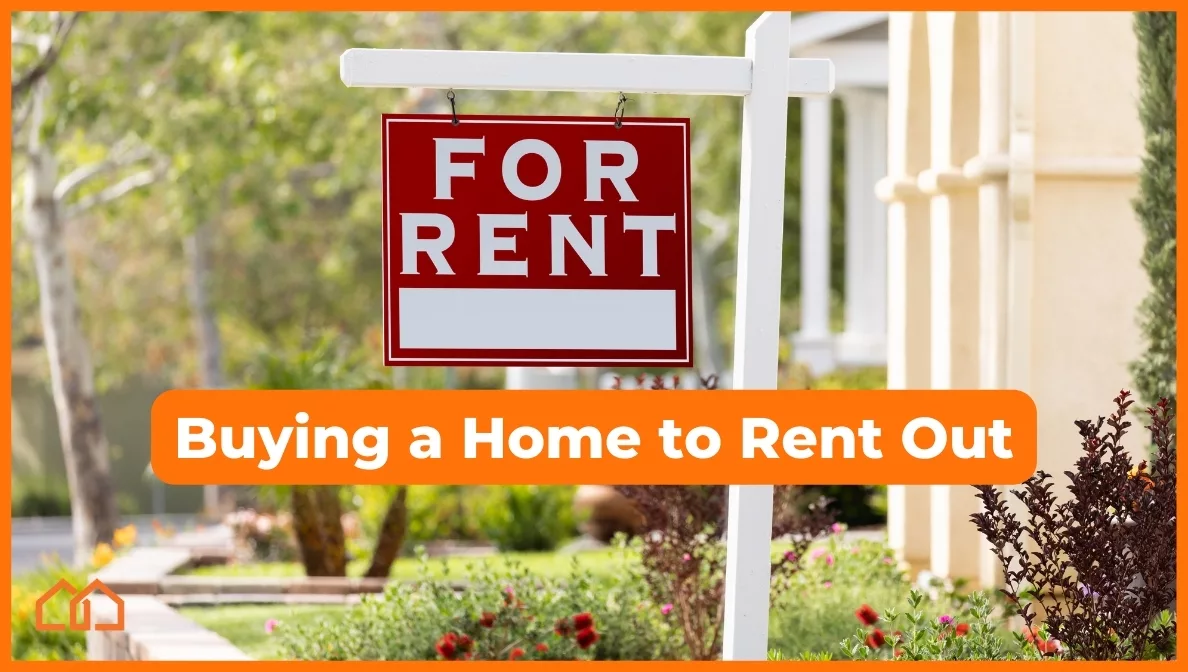Buying a Home to Rent Out
The great thing about real estate investing is that there are so many ways to do it. Whether you want to flip homes, buy and hold with rental properties, or invest in REITs, there are many ways to profit from investment properties. If you choose to get cash flow through rental income, then buy-and-hold investing is your preferred path. There are many ways to do this, and we’re here to show you how to buy a home to rent out!
- Note: With a buy box, you can control the amount you invest, and you can free your time with a property management company.
How to Buy a Home to Rent Out
There are several ways to buy a home to rent out to residents. Here is our immediate list of ways to become a rental home investor!
1. Buy a new home and rent out your first.
Instead of selling your first home, you can buy a second home and make it your primary residence. Then, you can turn your first home into a rental property. The easy way: use one of Marketplace Homes’ new construction programs like Guaranteed Lease Agreement to rent out your first home and rent out the next.
2. Save for a down payment and buy an investment with a home loan.
You can become an investor even when you still make mortgage payments on your investment property. In fact, this is how many career investors got their start. Not everyone has hundreds of thousands of dollars right away. As you collect income from renters, you take that rent and pay back your lender, build equity, and eventually pay down the house enough to sell for a profit or fully own it mortgage-free.
3. Use a home equity line of credit (HELOC).
Many investors started out as ordinary homeowners with some equity stored in their first home. As equity builds over time, they draw funds from their current home, which can go toward a first rental property.
As higher interest rates remain, a large sum from a HELOC can go towards a mortgage rate buydown which lowers your mortgage payment, widening the gap between your rental income and mortgage loan payments.
4. Pay cash upfront.
If you are able to avoid borrowing from a mortgage lender, you can skip the mortgage interest, worrying about your credit score, or wondering if you need to refinance for a better rate in the future. It’s all paid for, and you just need to worry about operational and maintenance costs.
Annual Expenses for Rental Properties
Before you commit to owning a rental property, there are some typical costs real estate investors pay to maintain their rentals and keep their business functioning. When calculating potential profit, you must also consider the underlying costs of owning the home and if the monthly rent will cover it all and enable you to profit.
- Landlord Insurance Policy (we like Obie)
- Covers risks like property damage from natural disasters, nonpayment of rent, legal fees for eviction, etc.
- This is much like homeowner’s insurance but to meet the specific financial needs of landlords.
- Maintenance Costs
- Homeowners Association (HOA) Fees
- Property Taxes (some put this on the lease, but that’s typical for rent-to-own homes, not standard rentals)
- Private mortgage insurance (if you paid less than 20% down)
- Property Management Services
- Tax Help
- Financial Advisor
One-time or ongoing factors to also consider:
- Depreciation
- Capital Gains Tax (if applicable)
- Closing costs (typically 3-6% of the property value)
- Real Estate Agent Commissions
This is why it’s extremely important to work with an expert who can evaluate your personal finances and advise you on the right path. They will advise you on how to get a good return on investment. Our Acquisitions Team is also stellar at letting you know if a property is worth your time.
Buying a Home to Rent Out
Buying rental properties is a well-known investment strategy to develop passive income and make money in today’s housing market. If this is your first time exploring this option, we’d love to hop on a call with you to discuss all your options.


